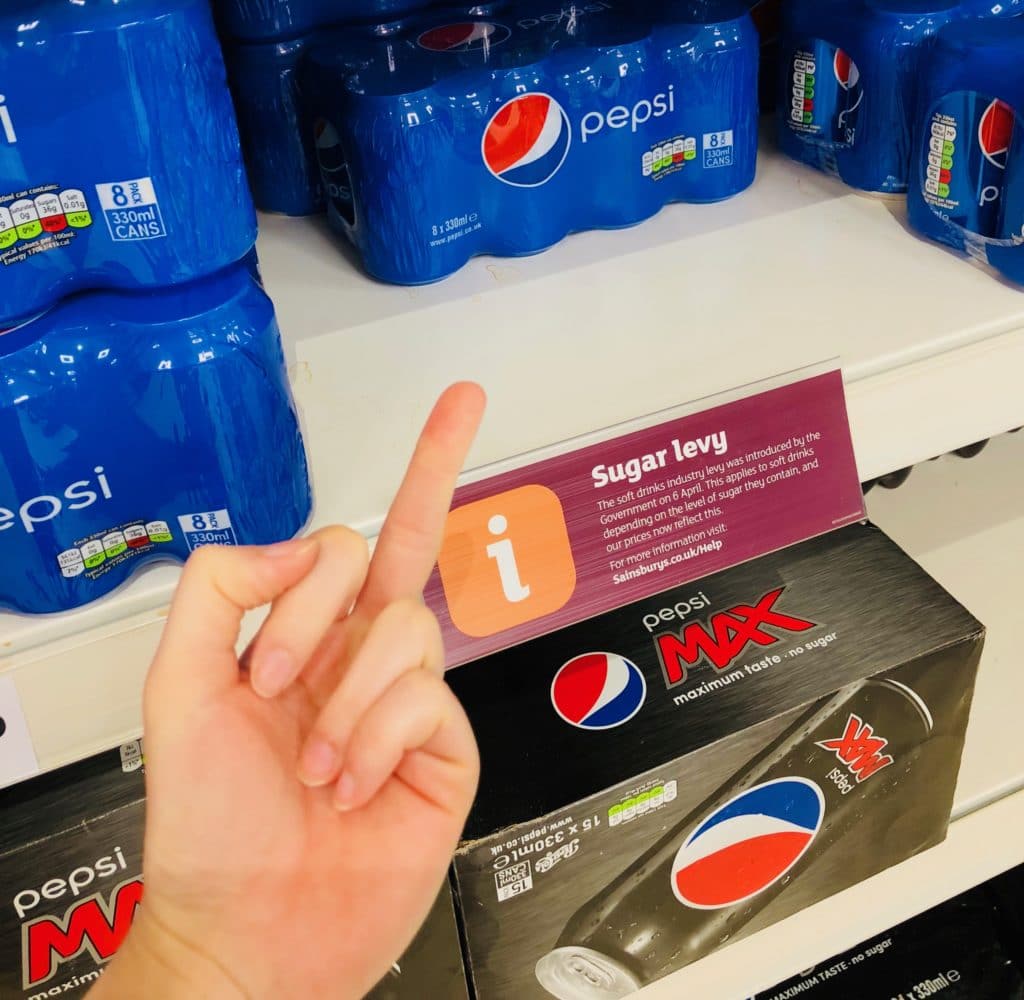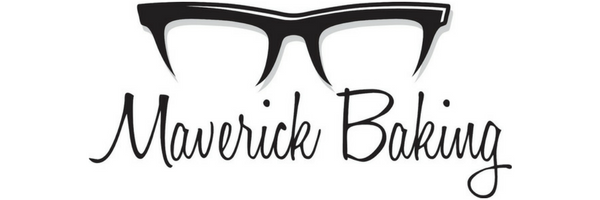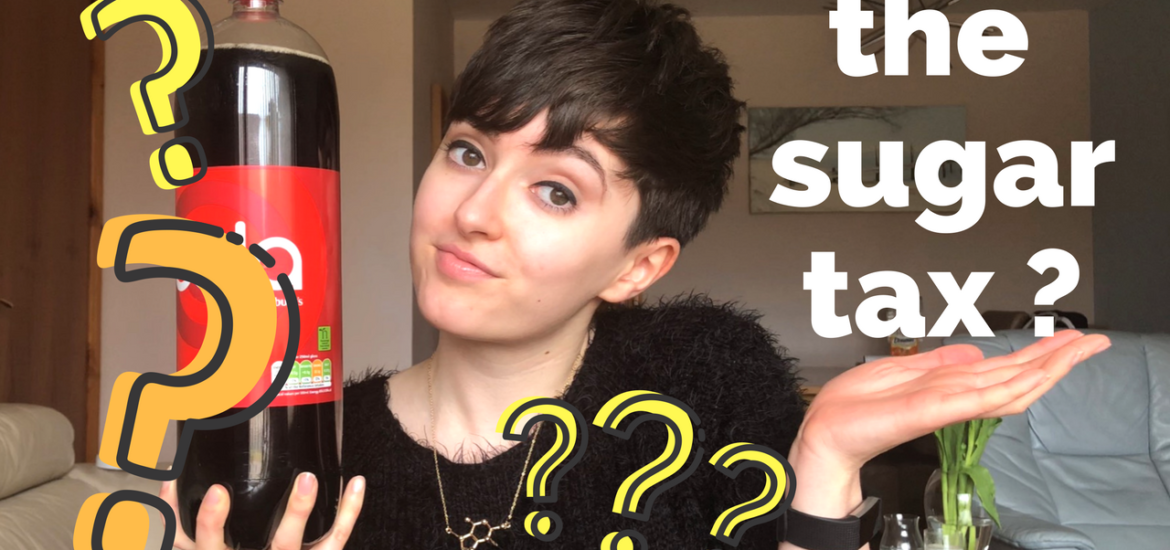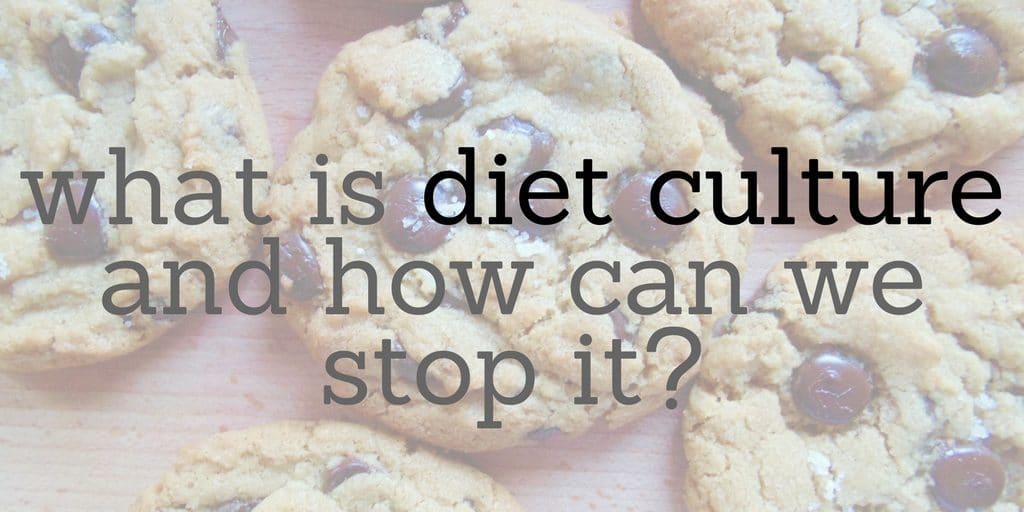The Sugar Tax; the UK government just introduced a levy on sugary soft drinks, forcing manufacturers and customers to shell out more for some of their favourite beverages, but is this the right approach in tackling obesity? [VIDEO]
It’s probably all you’ve heard about since Friday morning – the sugar tax, the sugar tax, the sugar tax!
As you are most likely aware, the UK government, after much pressure from celebrities and health groups, have just introduced a new levy. This tax is being referred to as “the sugar tax” but really only applies to certain soft drinks with relatively high sugar content, such as Ribena and Coca Cola.
We have been hearing about the introduction of this new tariff for a year or so now, with Jamie Oliver being the most notable figure leading the cause in favour of it. Some manufacturers have already responded by re-formulating their new or existing products to match the demand for this low-sugar era. In this article, I want to really examine what all this stuff means, who it is going to affect, and what outcome it might actually have.
If you’re not into reading, you can watch the video below from my YouTube channel, in which I discuss all of these issues in a slightly more bite-size format. If not, keep scrolling to read!
What is it for?
The so-called sugar tax has mostly been introduced with the aim of reducing the prevalence and extremity of obesity in the UK, among both adults and children. The general idea is that by increasing the price of these drinks for customers, they will purchase fewer drinks. Subsequently, the pressure on manufacturers to create products that contain less overall sugar should mean that they comply, meaning their products will contain less calories for consumers to drink. Ultimately leading to widespread weight loss.
Currently the regulations are only applicable to drinks with 5g or more of sugar per 100ml of product, that’s roughly 1 teaspoon’s worth of sugar.
However, the tax does not apply to pure fruit juices, and it will also be non-applicable to milk-based drinks. The reasons for not including these kinds of drinks has not been made entirely clear to the public, though I would guess it is due to the arguable health benefits of such drinks. With milk being a fantastic and easily-derived source of calcium and B vitamins, and fruit juices being a good way to get some vitamin C into your body, they are perhaps a more valuable nutritional choice than Coca Cola.
Obesity is a growing trend in the UK at the moment, with over 60% of people being considered overweight, and roughly 25% being considered clinically obese with a Body Mass Index of over 30.
Sugar is public health enemy number one right now, with fingers being pointed at it from all directions claiming that it is the reason we are all so fat and unhappy. The same thing happened with dietary fat about 40 years ago, and we can all see how much that helped things…
The government has tried in past to introduce schemes to promote a healthier diets among us Brits, a nation known for pies and deep fried Mars bars, with little effect. Cast your minds back to the dawn of the “5-a-day” initiative, and when we started the “traffic light system” on nutritional information in supermarkets. Despite these efforts, obesity levels keep rising among all age groups in the UK, yet they have decided to introduce yet another food industry based scheme. How exactly is this one going to work though?
How does it work?
There will be an 18p per litre tax on drinks with more than 5g of sugar per 100ml – again, that’s roughly a teaspoon’s worth of sugar.
There will be a 24p per litre tax on drinks with more than 8g per 100ml.
Pure fruit juices and milk-based products, such as a sugary Frijj milkshake or a syrupy Starbucks Toffee Nut Latte, are exempt from taxation on both a manufacturer and consumer level. (phew!)
Both customers and manufacturers are bearing the brunt of this tax, having to pay more for the soft drinks we love to consume. The UK government Treasury believes this tax will help raise £240 million every year after the introduction of this tax on the 6th of April 2018. One would like to hope this substantial amount of money would be injected into our struggling NHS, or into our under-funded schools to help educate future generations on healthy attitudes to food. Conservative governments are rarely known for their care towards public services, so a cynical soul might picture this money landing in the Brexit funding pot instead.
Who is reducing the sugar content of their products?
It is estimated that 50% of soft drinks manufacturers have reduced the sugar content of their products in response to this tax. I imagine this is more likely in order to avoid the extra cost, rather than their caution over public health.
As a born and bred Scot, I saw first-hand the actual outrage caused when the makers of national favourite, Irn Bru, announced they were re-formulating their classic recipe. They revealed they would be reducing the sugar content of Scotland’s favourite soft drink by up to 5g per 100ml of product, making up for the sweetness deficit with artificial sweeteners such as aspartame.
Twitter exploded in a frenzy of Scots’ anger, with many expressing their dismay at the company’s choice, and opting to stock up on “original formula” Irn Bru before the switch is made. The decision seemed to make even less sense considering that Diet Irn Bru, sweetened with artificial sweeteners and absolutely no added sugar, already exists. A move to improve public health? Nope. A move to save company money in the face of the sugar tax? Definitely.
Other popular UK brands such as childhood favourite, Ribena, and energy drink, Lucozade, have also opted to reduce their products’ sugar content by over 5g per 100ml in order to avoid the sugar tax. Both are also adopting the method of sweetening with artificial sweeteners instead of simply reducing the product’s overall sweet taste.
Soft drink giant, Coca Cola, have decided to stand by their original recipe. They also already offer their Diet and Zero versions of their drinks, and can undoubtedly afford a few extra pennies on each bottle, so they aren’t budging.
Interestingly, despite not being affected by the sugar tax, some other food brands have decided to follow the crowd and reduce their products’ sugar as well. Handy news website, Talking Retail, have shared news in recent months that new reduced and even completely sugar-free Haribo, Fruitella and Milky Bar products are to be released to the UK market very soon. With my favourite part of these stories being that they are using “SCIENCE” to reduce the sugar content, as if SCIENCE hasn’t already been used to create literally everything that has ever existed!
My pals over at popular food review YouTube channel Food Review UK have predicted that “sugar free” and “reduced sugar” products will be the biggest fad in food marketing in 2018. They’re probably right.
Who will this really affect?
The biggest consumers of sugar in the UK are teenagers, unsurprisingly, however it is estimated that only one quarter of their sugar intake is coming from the drinks affected by the sugar tax.
Optimists will offer that this means they’ll be consuming 25% less sugar if they refuse to pay extra for their favourite sweet drinks. Realists will reply that either they will just fork out the extra few pennies, or they’ll simply get their sugar fix elsewhere. When I was a teenager, a common breakfast or after-school snack for me was two Sainsbury’s Belgian waffles slathered with Nutella, washed down with orange juice. Full of delicious sweetness, but none of which would fall under the sugar tax.
My guess is that this tax will disproportionately affect the poorest in our society, as most of these regulations do. The rich will be largely unaffected by this change, no matter their weight or health status, but the less privileged may feel the impact.
Perhaps it might save a few children from some dental fillings or keep them from gaining a little weight. However it will also stop children who are at or below a healthy weight from enjoying their favourite fizzy soft drinks if they or their parents can’t justify the extra expense.
This move towards a sugar-free beverage cabinet may also affect diabetics. My best friend has been a type 1 diabetic since he was 11 years old, and when he is in a state of hypoglycaemia (or “hypo-ing”) he needs sugar to stabilise his blood levels, and fast. Many diabetics need reliable access to sugary drinks as they can be the most effective way of boosting their blood sugar quickly. The reality is that they will now have to pay extra for something they genuinely need, or that they’ll soon find it hard to find any sweet drinks that aren’t made just from artificial sweeteners instead.
I myself suffer from chronic IBS, and the majority of artificial sweeteners are natural laxatives to people with sensitive digestive systems. So essentially, I’m now paying an extra 24p per 100ml just so that I don’t have to constantly be near a toilet. Omg thank you sugar tax!!1!

Is this the right approach in tackling obesity?
Ultimately, this sugar tax is focussed on battling the “obesity crisis” here in the UK. Can we confidently say that this is the right way to do it?
Research by Mintel found that less than half of Brits believe taxing unhealthy products would encourage them to cut back. However, they found that easier-to-understand nutritional information would alter the purchasing habits of 75% of the 2,000 people they asked.
It takes no scientist or statistician to work out that the tax we’ve been placing on our cigarettes hasn’t stopped people from smoking, and taxing our alcoholic drinks hasn’t stopped anyone binge drinking or dying from the effects of alcoholism. I live in Scotland, where people like gin more than they like other humans.
Plus, I predict that our fight against sugar will be exactly the same as our fight against fat from decades ago. We’ll soon find a new enemy and start all over again. Refined sugar may not be a health food, but it’s still a natural product. Does anyone really know what all these artificial sweeteners are doing to ours bodies??
These kinds of taxes are a great way of making a government look like they’re doing something to help the public, while they reap the financial reward of our sickness.
As with everything in society, and as the aforementioned survey showed, education should ALWAYS be the first port-of-call in these cases.
In schools we educate our children on complex maths formulae and teach them how to analyse poetry written decades before they were even born. We teach them what happened in world wars and how to work out the valence of chemicals. What we rarely do is teach them how to cook. If our children and teenagers had more time spent educating them on where their food comes from, how it tastes, how to prepare it, and how it can benefit them both physically and mentally, then we might start to see real change.
Obesity in itself is not a problem, but if it begins to negatively affect the health of individuals, families or whole populations, then it should probably be addressed at governmental level. Rather than simply slapping a higher price tag on their bottle of pop, perhaps we should teach them about why they might be better off buying a sparkling water or a smoothie instead.
I am all for freedom of dietary choice, and people should be allowed to eat whatever and however they like (as long as they’re not eating other people). I get pretty bummed out when I read about these taxes, giving people mixed messages about their diets rather than teaching them anything.
Now, maybe in 2 years’ time, the sugar tax may have had a wonderfully positive effect. We may all become fitter, healthier and hate Coca Cola. When that happens, comment down below with a big fat “I told you so!” But until then, I will remain sceptical.
We live in a heavily fatphobic society, where the government is happier to earn more money than take on the responsibility of enforcing new measures in education and public health. So I don’t believe the sugar tax will change much.
Now can I borrow 24p for a bottle of Pepsi please?





Drinks with high levels of Aspartame seem to give me headaches, and I know a few people who suffer from fibromyalgia who say that it flares up more if they have aspartame.
There has been no scientific link for these, but I don’t think three have been any proper studies anyway.
So, for the people who seem to suffer negative affects from Aspartame, the sugar tax is jolly good fun.
I’m actually tempted to start taking my own drinks into Pizza Hut and similar places that seen to be dropping sugar based drinks.
A very good point, and one I hadn’t thought about! Artificial sweeteners really need to be more publicly scrutinised before we consume them in such large quantities. I wouldn’t blame you for taking your own drinks!